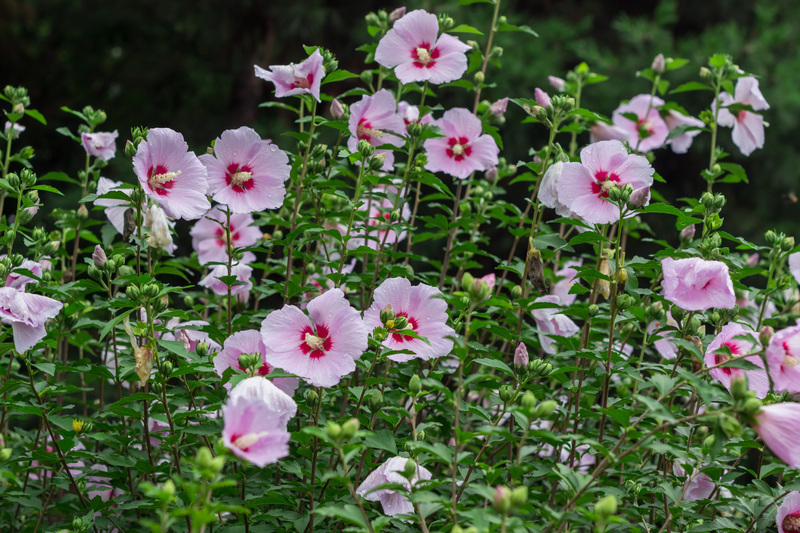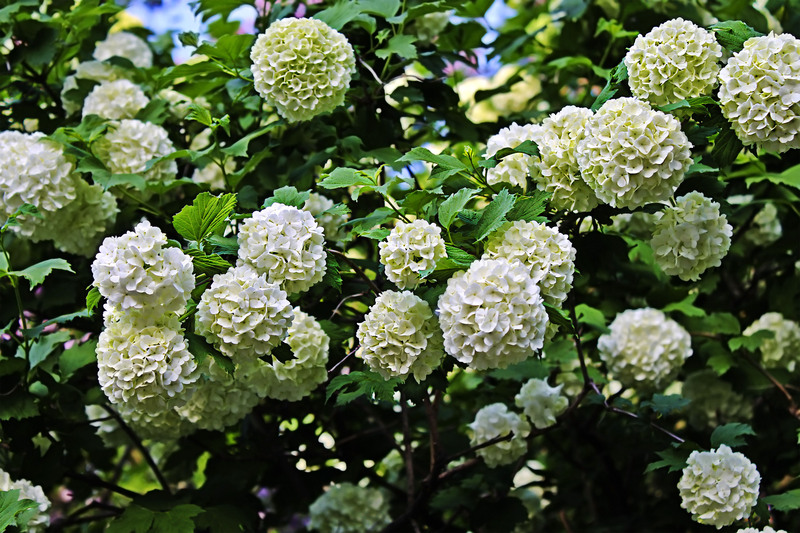Unlock the secrets of gardening with these 9 beginner tips
Posted on 29/05/2025
Unlock the Secrets of Gardening with These 9 Beginner Tips
Gardening is more than a hobby; it's a journey into the wonders of nature. Whether you're working with a small balcony or a large backyard, nurturing plants is a rewarding pastime that offers beauty, health benefits, and a sense of accomplishment. Are you new to gardening? Unlock the secrets of gardening with our comprehensive guide -- these 9 beginner tips will turn your thumbs green and your garden lush!
Why Start Gardening?
Before diving into specific gardening secrets, let's understand why more people are taking up gardening. Not only is it relaxing and therapeutic, but it also promotes physical activity and provides fresh produce. Many find that learning the basics of gardening can lead to a healthier lifestyle, better nutrition, and an improved sense of connection to the earth.
Top Benefits of Gardening
- Stress Reduction: Immersing yourself in nature soothes the mind.
- Physical Exercise: Digging, planting, and weeding keep you active.
- Healthy Food: You'll enjoy fresher, more nutritious fruits and vegetables.
- Biodiversity Support: Gardens provide habitats for helpful insects and birds.

1. Start Small and Choose the Right Location
One of the best secrets for beginner gardeners is to start with a manageable space. A few well-tended plants are more rewarding than an overgrown, neglected plot.
- Assess sunlight: Most vegetables and flowers need at least 6 hours of sunlight per day. Observe your space to decide where your garden will thrive.
- Begin with containers: If space or soil quality is a limitation, container gardening is an excellent alternative.
- Proximity to water: Ensure your garden is close to a water source for easy maintenance.
Choosing Plants That Suit Your Space
It's tempting to buy every beautiful plant at the nursery, but selecting the right varieties is key. Consider climate, soil, and available sunlight. If you're a true novice, opt for easy-to-grow options like lettuce, radishes, marigolds, or succulents.
2. Understand Your Soil
Unlocking the garden's full potential starts with healthy soil. Plants draw nutrients and water through their roots, so soil is your garden's foundation.
How to Check Soil Quality
- Texture Test: Squeeze a handful of moist soil. If it crumbles, it's ideal; if it forms a hard lump or stays loose, you may need amendments.
- pH Level: Most plants prefer slightly acidic soil (between 6.0 and 7.0 pH). Use an affordable soil tester to check.
- Drainage: Dig a small hole, fill it with water, and see how long it takes to drain. Too fast or too slow indicates drainage issues.
Tip: Add compost or organic matter to enrich your soil and support plant health.
3. Water Wisely
Mastering watering is one of the essential secrets of successful gardening. Both overwatering and underwatering can harm your plants.
- Water in the morning: This minimizes evaporation and reduces the risk of fungus.
- Check soil moisture: Insert your finger about an inch into the soil; if it feels dry, it's time to water.
- Deep watering: Water long enough to soak the roots, not just the surface.
Save Water with Mulching
Covering soil with mulch retains moisture, suppresses weeds, and improves your garden's appearance.
4. Feed Your Plants Well
Nutrients are vital for lush, vigorous plants. Unlock the gardening secrets of fertilization with these tips:
- Use compost: Rich in nutrients, compost is a natural way to feed your garden.
- Choose the right fertilizer: Plants have specific needs; use the correct blend for vegetables, flowers, or lawns.
- Don't overfeed: Over-fertilizing can damage roots and reduce yields.
Homemade Fertilizer Ideas
Eggshells, coffee grounds, and banana peels are examples of kitchen waste that can benefit your soil organically.
5. Plan for Pests - The Natural Way
Gardens attract all sorts of wildlife. Learning to manage pests without chemicals is a valuable gardening secret, especially for beginners seeking an eco-friendly approach.
- Invite allies: Ladybugs and birds eat harmful insects.
- Use barriers: Netting or row covers keep unwanted critters at bay.
- Hand-pick pests: Sometimes, simply removing them by hand is effective and safe.
- Homemade sprays: Diluted soap solution can deter aphids and mites.
6. Learn the Art of Pruning
Pruning isn't just for rose bushes. Trimming plants promotes healthy growth and encourages blooms or fruit production.
- Remove dead or diseased branches: This prevents the spread of problems.
- Thin overcrowded areas: Give your plants space and sunlight.
- Use sharp tools: Clean, sharp pruners make tidy cuts.
Tip: The best time to prune depends on the plant. Research your specific varieties for optimal timing.
7. Practice Crop Rotation and Companion Planting
Crop rotation involves changing the location of plant types each season. This minimizes soil depletion and disrupts pest cycles.
- Rotate groups: Swap root crops, leafy greens, and fruiting vegetables between beds.
- Try companion planting: Some plants help each other grow--like basil and tomatoes, or carrots and onions.
Benefits of Companion Planting
- Pest deterrence
- Improved pollination
- Optimal use of space
8. Keep a Gardening Journal
One of the lesser-known secrets to easy gardening is keeping records. Note planting dates, weather trends, successes, and experiments.
- Track plant growth: Understand timing for planting and harvesting.
- Monitor pests: Keep tabs on when and where insects appear.
- Test new ideas: Did a rare seed do well? Jot it down for next year!
Gardening journals help you learn from every season, turning mistakes into future wisdom.
9. Be Patient and Celebrate Your Progress
Perhaps the most important secret of all beginner gardening tips is patience. Plants take time to establish, flower, and bear fruit. Don't be discouraged by failures; every gardener started somewhere!
- Embrace learning: Each misstep is a step toward expertise.
- Enjoy the journey: The sights, smells, and tastes of your garden are their own reward.
- Share your bounty: Homegrown tomatoes or bouquets make wonderful gifts.

Frequently Asked Questions About Gardening for Beginners
What are some easy vegetables and flowers to start with?
For quick success, try radishes, beans, sunflowers, pansies, or nasturtiums--these are hardy and require minimal fuss.
How often should I water my garden?
Check your soil moisture and water when the top inch feels dry. Frequency will depend on plant type, soil, and climate, but once or twice a week is common.
How do I make compost at home?
Layer kitchen scraps (vegetables, coffee grounds), yard waste (leaves, grass clippings), and monitor moisture. Stir your pile regularly, and in a few months, you'll have rich, dark compost!
What tools do I need to get started?
A basic set includes a trowel, pruners, watering can or hose, gloves, and a spade or fork for digging.
Unlock the Secrets of Gardening Today!
Becoming a successful gardener isn't about luck; it's about understanding a few essential principles and putting them into practice. With these nine gardening tips for beginners, you'll develop confidence, knowledge, and a thriving garden. Start small, be patient, and enjoy watching your outdoor space transform.
Remember: Every expert was once a beginner. With a little persistence and these best beginner gardening tips, you'll unlock the endless joys and secrets of gardening.
- Get your hands dirty and observe how your plants respond.
- Continue learning -- books, neighbors, and local garden clubs can offer new insights.
- Take photos and notes to celebrate your progress with the seasons!
Ready to unlock the secrets of gardening? Put these tips to work, and your garden will become a personal haven of color, nourishment, and tranquility. Happy growing!
Latest Posts
Dog-Friendly Gardening: Balancing Canine Companions and Plant Care
Navigating Blustery Conditions: Shielding Your Garden
Reviving Earth: Turning Organic Waste into Life-Giving Soil

